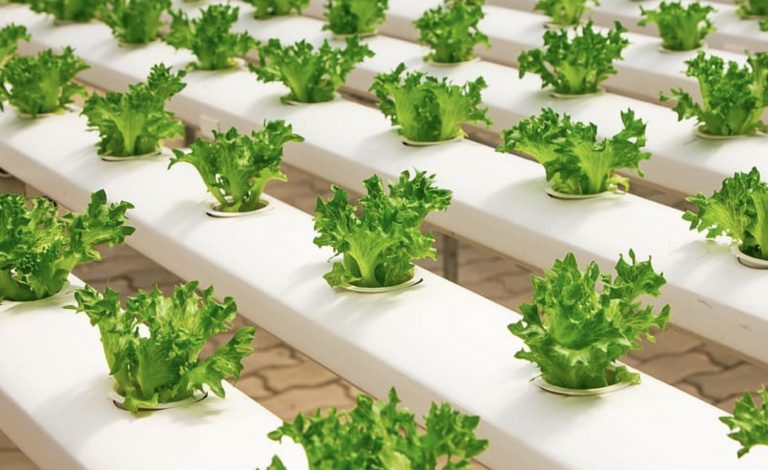The main environmental problem today is climate change. Many types of human activities, including agriculture, only exacerbate this problem. Various companies such as EOS Data Analytics are offering solutions to help improve the sustainability of agriculture. However, new approaches and practices are still needed.
Carbon dioxide emissions, synthetic pesticides that pollute water bodies and groundwater, deforestation, and many other consequences of agricultural activities negatively affect the environment. In addition, pesticides and other chemicals are harmful to human health. Growing and consuming organic products is suggested as one possible solution to all these problems. This piece will learn about organic foods, how they are grown, and how organic farming differs from traditional farming.
Story Stages
What is organic food?
The exact meaning of the term “organic” depends on the country, but in any case, it refers to the way crops are grown and processed. In the United States, organic agriculture doesn’t use synthetic pesticides, fertilizers, herbicides, and GMOs. Concerning organic dairy products, eggs, and other products from livestock, certain conditions must also be met in this sector.
The life of animals should take place in such situations in which they can behave naturally. If we are talking about cattle, for example, he should graze freely in the pasture. The feed also has to be organic, meaning no added growth hormones that impact animals and people’s health afterward. The composition of the feed should also not contain animal by-products.
How organic food is grown
Organic products, unlike conventional ones, are grown without applying synthetic fertilizers and pesticides. Instead, organic farming uses manure and compost. Weed control methods are also an important distinguishing feature of organic agriculture. Fighting occurs naturally through crop rotation, mulching, and hand weeding.
It is also allowed to use particular herbicides that are approved for organic agriculture. Pest control is also carried out without the use of harmful chemicals. Fighting occurs naturally as organic farming supports biodiversity, so insects and birds eliminate pests. Farmers can also use traps.
Livestock is fed organic feed without growth hormones or GMOs to obtain organic dairy products and eggs. In addition, natural methods are used instead of traditional antibiotics and drugs to prevent disease. This list includes house cleaning, healthy eating, and alternating grazing. Livestock should have access to the outdoors.
Organic is not pesticide-free
Contrary to popular misconception, organic farming does not involve the complete exclusion of pesticides. However, organic crops are produced with lower levels of pesticide use, which are also naturally derived. There is a crucial difference from traditional commercial farms as they use synthetic pesticides. Certain types of natural pesticides can also be harmful to health, but they are less toxic. Ultimately, the impact of pesticides on your health will be reduced if you choose organic foods.
Organic is non-GMO
Genetically modified foods are obtained using GMOs and genetic engineering, and plant DNA obtained by GM is artificially altered and differs from traditional crossing methods. In organic farming, GMOs are prohibited, which means that organic farmers cannot use GMO seeds and other ingredients.
In addition, livestock feed should also be GMO-free. In addition, organic products should not contact GMO components, and farmers should not allow them to come from neighboring plots. Transportation and storage of organic products should be separate from GMO products. Special services control the absence of genetically modified organisms in organic foods. In the United States, USDA-accredited certification agents perform this function.
Final Thoughts
Organic products are crops and livestock products grown and produced without synthetic pesticides, GMO seeds, and growth hormones. However, this does not mean the absence of pesticides in general. The natural pesticides input is allowed, but GMO components are entirely prohibited. Farmers have to concern a range of conditions to produce organic food, and special services monitor compliance with all organic production standards.
